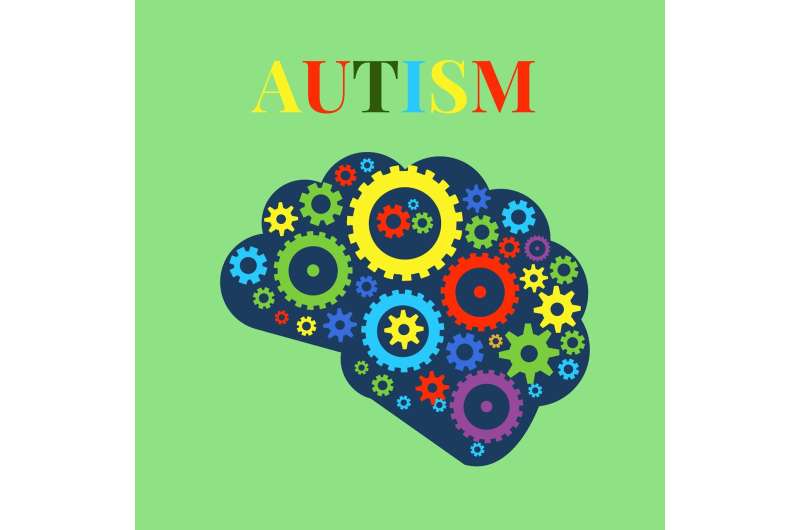New Research Highlights Limited 'Me Time' for New Mothers and Its Impact on Well-being

New research shows that new mothers have less than an hour of personal free time each day, often leading to stress, loneliness, and emotional exhaustion. Support systems are crucial to improve their well-being.
Recent studies reveal that new mothers typically get less than an hour of personal rest each day, highlighting a significant challenge to their mental and emotional health. Published in the British Journal of Psychology, this research, conducted by teams from the Universities of York, Durham, Leeds Beckett, and University College London, emphasizes that the time mothers spend alone is often occupied with their babies or household chores, leaving little room for genuine relaxation or personal rejuvenation.
The investigation found that, on average, less than a third of a mother’s day is dedicated to activities that qualify as 'personal time,' often fragmented into short, interrupted bursts like quick showers, meals, or walks. Despite these brief moments, many mothers report feeling constantly 'on,' with responsibilities and emotional demands creating a cycle of stress, loneliness, and exhaustion.
Interestingly, mothers who managed to carve out small periods of quality alone time—away from caregiving or work—reported feeling more positive and less stressed. This underscores the importance of structured support systems to enable mothers to access meaningful breaks.
The study involved interviews with 22 mothers and real-time tracking of 47 participants, revealing that being alone with a baby does not equate to true solitude. Many mothers experience feelings of isolation, responsibility, and hyper-vigilance, even in the presence of their children.
Experts such as Dr. Delali Konu from the University of York stressed the need for additional support for new parents, especially those lacking immediate assistance. Dr. Thuy-Vy Nguyen from Durham University echoed this sentiment, emphasizing that enhanced support could improve mental health outcomes by allowing mothers more quality time for themselves, reducing stress and emotional burden.
The research also highlights that, on average, most of these mothers' days are spent at home focused on childcare, with personal time often entangled with chores or social obligations. During moments of quiet, many resort to TV or music, but these activities are not necessarily linked to improved mood and can sometimes increase feelings of boredom.
Finally, loneliness among new mothers is depicted as complex, often stemming from a loss of personal identity and perceived lack of social support, which is especially prevalent among single mothers or those with additional needs in their infants.
This study underscores the urgent need for community and family support initiatives to help new mothers attain healthier work-rest balances, enhancing their overall well-being and resilience in early motherhood.
Stay Updated with Mia's Feed
Get the latest health & wellness insights delivered straight to your inbox.
Related Articles
Integrating Brief Psychotherapy into Short Psychiatric Medication Visits
Learn how brief psychotherapy can be successfully incorporated into short medication visits in psychiatry, expanding access and enhancing treatment outcomes. An approach supported by leading experts in the field.
Reactivating Indigenous Languages Promotes Better Public Health Outcomes
Reviving Indigenous languages is linked to improved mental health, reduced suicide rates, and stronger community well-being, according to recent research from UBC and partners.
Creating Neuro-Inclusive Universities to Support Autistic Student Success
Discover how universities can become more neuro-inclusive, supporting autistic students through tailored policies, supports, and inclusive practices that promote their success and well-being.
Innovative Techniques for Monitoring Stress Through Surface Body Signals
Exploring cutting-edge wearable technologies that monitor electrical signals and vital signs from the body’s surface to assess stress levels in real-time for improved mental health management.



